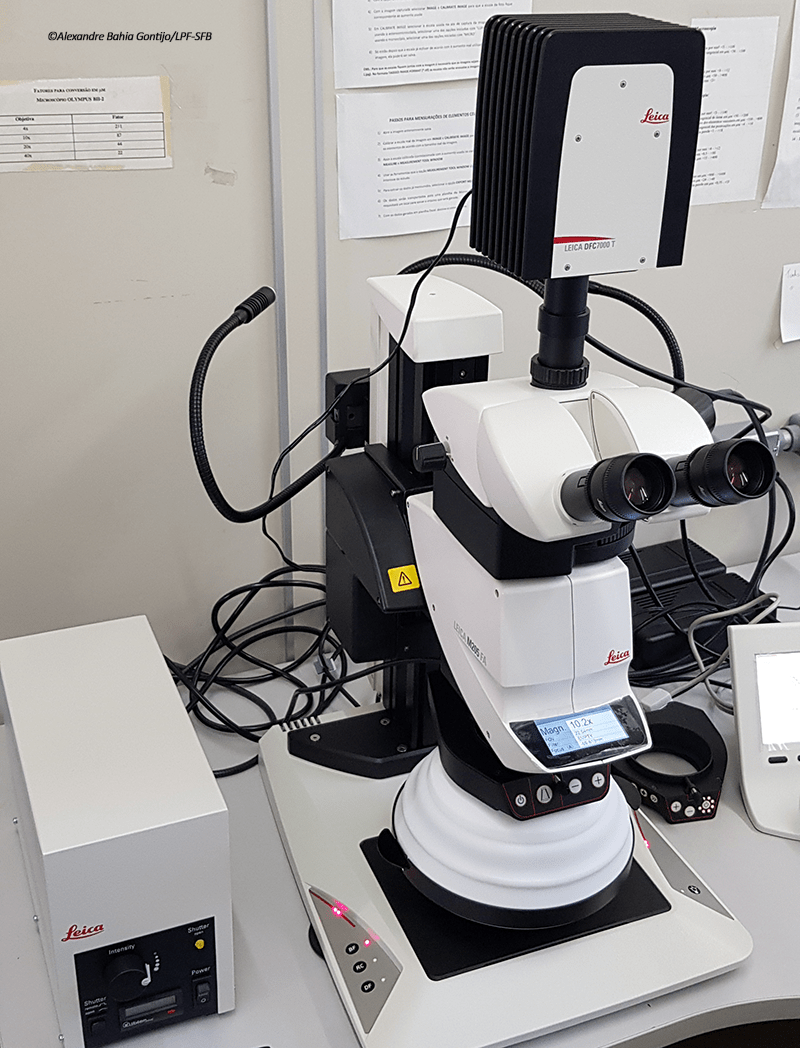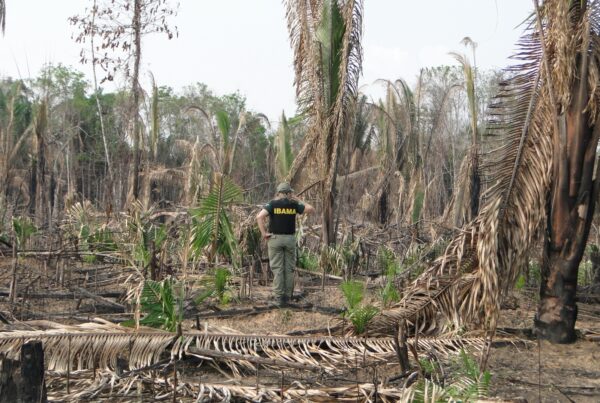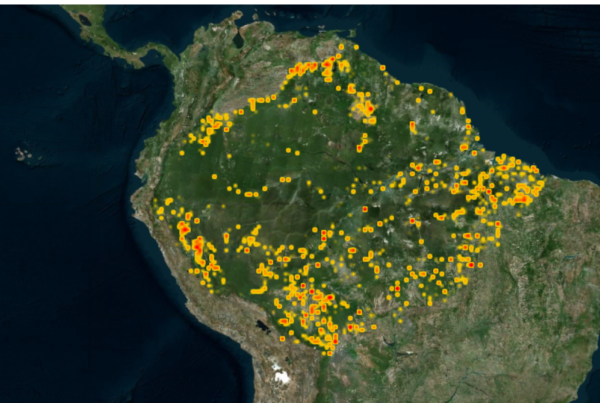Financial cooperation is carried out within the scope of the Bioamazon Project, which is funded by the German Development Bank (KFW). Amazon Cooperation Treaty Organization (ACTO) aims to reduce asymmetries between countries and strengthen environmental conservation in Amazonian countries.
Throughout 2020, the ACTO allocated USD 1,850,802.07 for purchase of equipment for government institutions in the eight Amazonian countries. This is a way of contributing to the improvement of the institutions’ infrastructure and equipment in order to strengthen the information systems and knowledge management of countries for nature conservation, especially in the Amazon region.
Countries benefited from acquisitions to support research such as laboratory equipment – microscopes, freezers, deep freezers, refrigerators, electric generators, solar panels and sliding files to protect scientific samples. For operation in the field, drones, cameras, camera traps, GPS and, in some cases, small boats were purchased. The acquisition of Information Technology equipment such as servers, routers, computers, laptops, printers, scanners, as well as air conditioning and humidifiers was also financed.
Bolivia received equipment to strengthen its workshops for monitoring species protected by the Convention on International Trade in Endangered Species of Wild Fauna and Flora (CITES). The Bolivia´s National Museum of Natural History will also benefit from portable and office computers and equipment such as scanners, printers, photocopiers, cameras, projectors, TVs, drones, among others.
In Brazil, an example of a benefited institution is the Forest Products Laboratory, of the Brazilian Forest Service, which now has an electron microscope and a high-tech stereomicroscope. The new equipment is assisting the Forest Products Laboratory team in conducting research and developing a traceability system for Brazilian wood species.
In the case of Suriname, the monitoring of forests in the Amazon region, where there are challenges with the lack of adequate infrastructure to reach these areas, has been carried out with the support of a drone. Computer equipment has also been delivered to support nature conservation activities in the country.
In Peru, the Ministry of the Environment (MINAM) benefited from the purchase of a drone, laptop and GPS equipment for field actions. As for the Ministry of Production (PRODUCE) and the National Forestry and Wildlife Service (SERFOR), equipment was purchased to strengthen their traceability systems.
Technical support
In addition to the equipment, the Bioamazon Project is supporting countries in hiring technical consultancies to:
- i) development and improvement of national and regional information systems on biodiversity and CITES species through the implementation of the Amazon Regional Observatory (ARO);
- ii) development, improvement of electronic systems for issuing CITES licenses; and
iii) carrying out studies on Amazonian flora and fauna, in particular on species threatened by trade and which are protected under the Convention on International Trade in Endangered Species of Fauna and Flora (CITES), for the development of management and protection systems, traceability of these species in the eight Amazonian countries, which are signatories to the Convention.
The dynamics and evolution of the international ornamental market for freshwater rays; a diagnosis of the local management of Yellow-spotted River Turtle (Podocnemis unifilis) in the department of Loreto, Peru; diagnosis of Amazonian orchids in Ecuador and compliance with CITES rules for Cedro (Cedrela spp.), a species recently included in Appendix II of this convention, are some examples of studies that have been developed in Amazonian countries with the support of ACTO through of the Bioamazon Project.
In 2020, ACTO generated 134 new jobs in short-term consultancies in Bolivia, Brazil, Colombia, Ecuador, Guyana, Peru, Suriname and Venezuela. The total amount of disbursements for the works being performed through 62 consultancy contracts reaches USD 1,688,195.22, with payments expected until the first half of 2021.
The distribution of consultancy contracts by country was 06 in Bolivia, involving 22 people; 10 signed in Brazil, involving the work of 19 people; 01 contract in Colombia benefiting 1 person, and 05 in Ecuador benefiting 12 people. In Guyana there were 07 contracts, benefiting 15 people; in Peru, there are 17 contracts involving 29 people; and 03 contracts in Suriname, generating 7 jobs. Finally, in Venezuela, 2 contracts were signed, involving 2 people. The Executing Unit had 11 contracts signed, which generated 27 job positions.
According to the coordinator of the Bioamazon Project, Mauro Ruffino, the Covid-19 pandemic strongly affected all Amazonian countries and people. However, the Bioamazon Project and partner institutions in the countries adapted to the emergency situation and continued to carry out the work, even with limitations and remotely. “It was an atypical and difficult year, but we were not inactive and we managed to promote the necessary advances, equipping the institutions and developing the consultancies. The efficiency in management and the achievement of the goals allowed the extension of the Project’s execution period until the end of 2022”, said Ruffino.
Published in the Bioamazon Newsletter, edition no. 7, January-February 2021.



